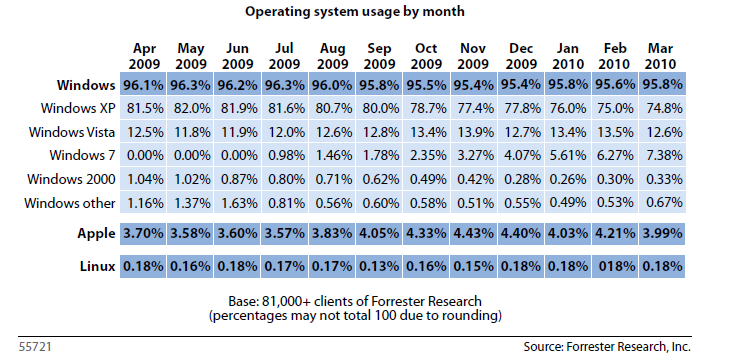Microsoft adds support for Office 2010 via new Deployment Toolkit update

Now that Office 2010 has rolled out to business customers (as of last week), Microsoft is moving to add support for its new office suite to the Microsoft Deployment Toolkit (MDT) product.
Microsoft has released a beta of what it's calling MDT 2010 Update 1. New to Update 1 -- in addition to Office 2010 support -- is the ability for the ability for users to initiate and customize their own deployments using Configuration Manager, plus "enhancements" in Windows 7 driver support (detection of each driver's "true supported platforms"), and bug fixes.
Here's the link for MDT 2010 Update 1 for users interested in joining the beta, which is available via the Microsoft Connect site.
MDT -- a Microsoft Solution Accelerator with tools and accompanying guidance -- is aimed primarily at customers doing large-scale deployments. A number of business users interested in Windows 7 have been waiting for Office 2010 to ship in order to only have to "touch once" PCs that be upgraded with both new products.
Speaking of Windows 7 deployments, Forrester Researcher made available new Q2 data this week on operating system and browser trends. Windows 7 is gaining a solid foothold (7.38 percent) on the 90,0000-plus PCs that visited the Forrester.com site, but Windows XP still the far and away dominant PC operating system, with 74.8 percent usage share.

Forrester's guidance for business customers:
"Forrester anticipates that IT managers will begin to undergo their next major corporate PC refresh cycle by mid-to-late 2010, which will coincide with the start of their enterprisewide Windows 7 migrations. Firms should target the end of 2012 as the ideal time frame to be completely removed from Windows XP and IE6, with the expectation that software vendors will cease supporting these legacy systems well before Microsoft does in April 2014."